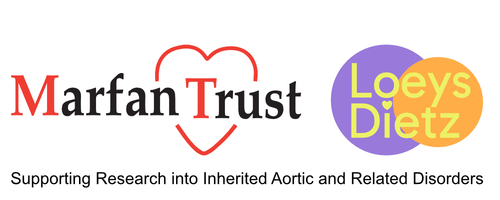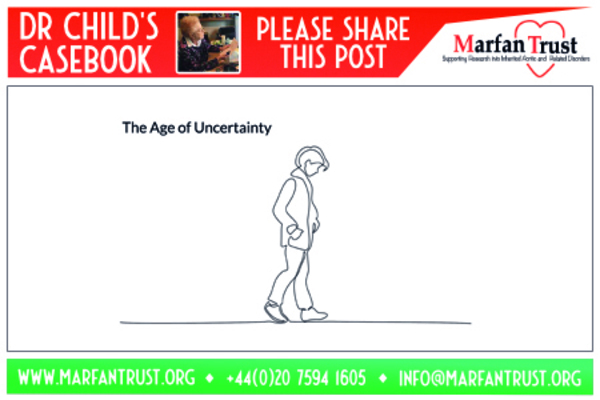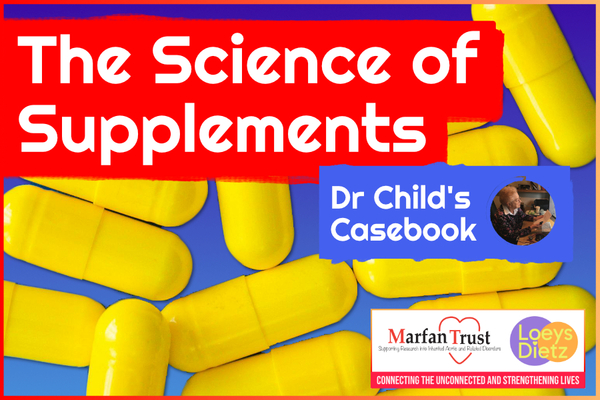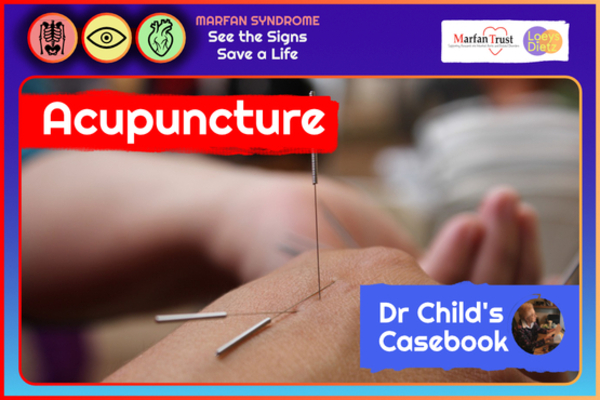Awkwardly poised between childhood and adulthood. It’s an often-unsettling crossroads, a hormone-driven rite of passage that can leave you in physical limbo. Too tall for the paediatric echocardiogram table, too young for the adult version. We are increasingly approached by parents of 15-year-olds who stand poised on the cusp of adulthood (according to the NHS). It is a crucible moment when they display symptoms that may be Marfan-related but are left only ‘half checked’ by their local hospital because of their tall stature.
Q: My son is 15 years old and very tall with loose limbs and flexible joints. He is extremely sporty and recently suffered pain in his shoulder. We took him to a physiotherapist who thought the pain unrelated to a sports injury. The physio thought the pain may instead be attributed to Marfan syndrome. In the meantime, during a visit to A&E, it was again suggested that he may have MFS. They recommended that he have an echocardiogram. However, when we arrived for the test, he was found to be too tall for the paediatric table.
A: It’s a common dilemma and we suggest that your GP refers your son to an adult cardiology clinic. Your GP must explain in the letter that your son has already reached 6 foot 2 inches tall and is an adult in terms of his height.
A fortnight later and you have now written with unexpected news. Your son does not have Marfan syndrome clinically but a very similar mild condition Ehlers-Danlos syndrome known an as EDS (collagen deficiency). Your son was seen by the adult cardiology department and his echo is within normal limits. However, the electrocardiogram (ECG) showed Arrhythmia, which is an abnormality of the heart’s normal rhythm. Arrhythmia affects EDS as well as Marfan patients.Your son will need a 24-hour tape, a recorder that is attached via leads on his chest that measures the ECG over a set period of time. It can be from 24 hours up to 72 hours as decided by your consultant. Whilst wearing the machine your son will not be able to bathe or shower. This will determine whether or not your son needs to take medication, and whether he can continue to play rugby, or perhaps a quieter, less strenuous, sport like badminton or golf. The features of EDS are all treatable and this unexpected news should not worry you unduly.









